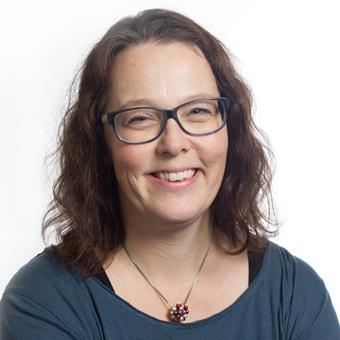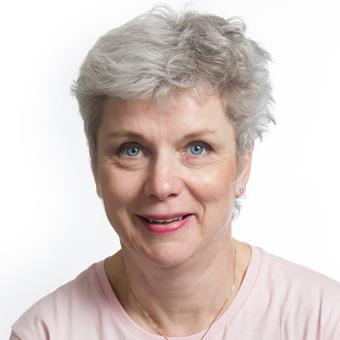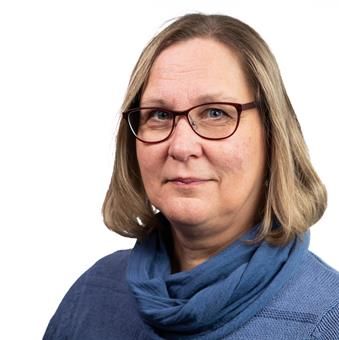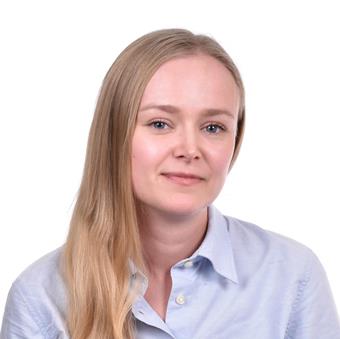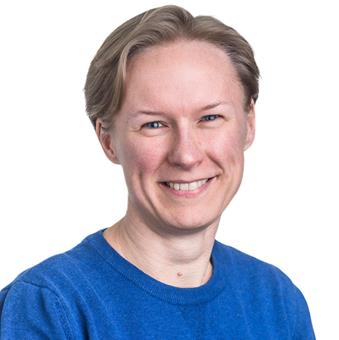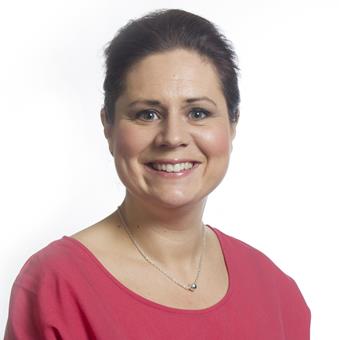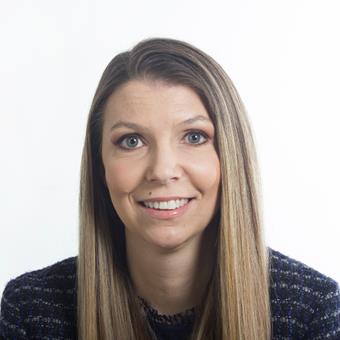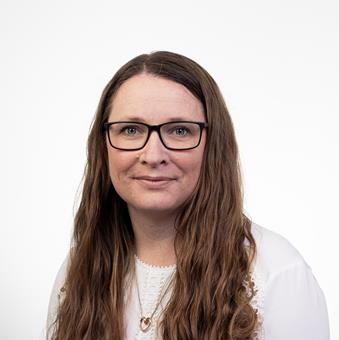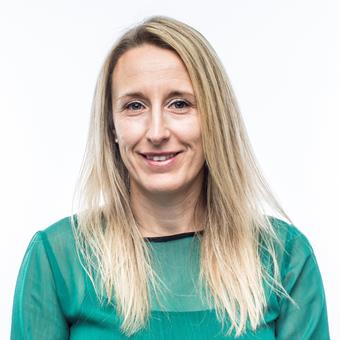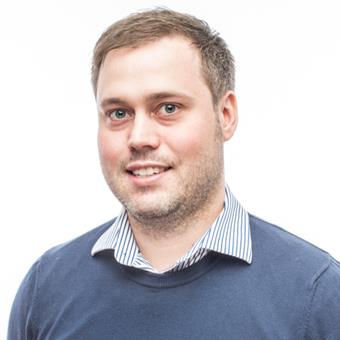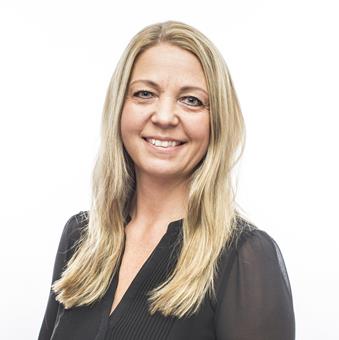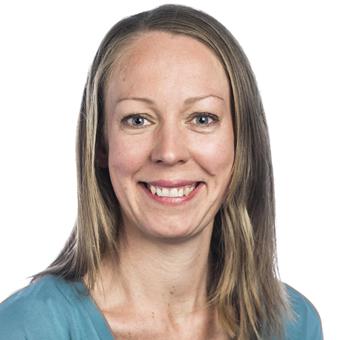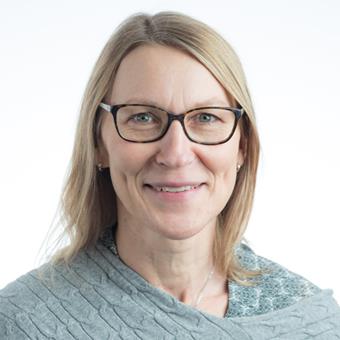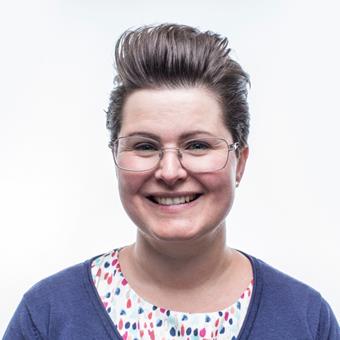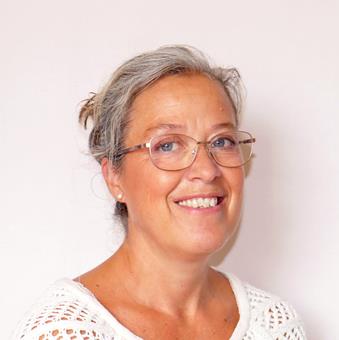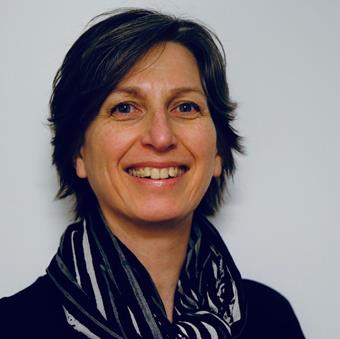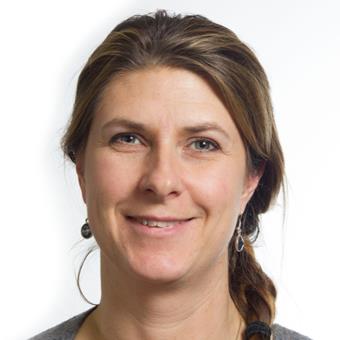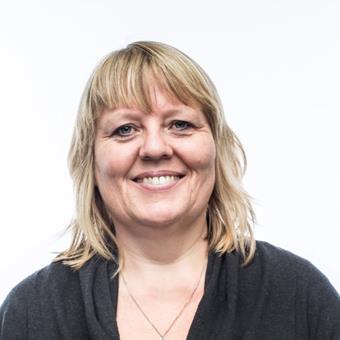Reasearch: The Everyday Life of the Very Oldest
I defended my thesis in 2009 on a dissertation about the everyday life of the very oldest; older people’s daily doings as well as possession and use of technology.
Everyday life amongst the oldest old - descriptions of doings and possession and use of technology.
Questions about everyday life, technology, and remaining in one’s own home are what I have continued to work with even after my dissertation. The research is primarily of a qualitative nature to raise the elderly’s own perspectives on these issues. Technology is considered to be able to facilitate remaining in one’s own home and the daily life activities for older people and is expected to contribute to maintained health and a healthy and active ageing. The projects I am currently working on are:
In the research project Sesam – Senior alert – a means for better care in collaboration, funded by Forte, we study factors that constitute support or obstacles for the quality register Senior alert to contribute to an effective and powerful care preventive process, which promotes effective collaboration between different actors, as well as develop a model for collaboration.
In WellTECH@age, also a project funded by Forte, we will investigate how welfare technology contributes to security, activity, participation, and independence within elderly care.
I participate in the project LOTS - Learning Occupational Therapy Skills.
I am also the research group leader within the research group Participation in Later Life, part of Occupational Therapy Research at the unit.
Teaching
The teaching I conduct mainly takes place within the Occupational Therapy Programme at Campus Norrköping. I am responsible for the thesis course at the undergraduate level and have assignments as an examiner in the undergraduate programme (term 2 and term 3). The teaching is mainly within the thesis course but also around, for example, qualitative method. I also teach at advanced level in several different courses and I am examiner for one of these courses. In addition, I supervise and examine theses also at advanced level.



